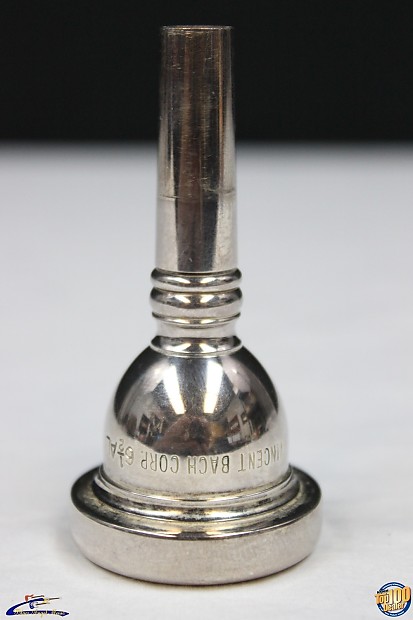After the last couple of years we have all needed a break and lots of people have taken the opportunity over the summer to get away, some abroad and some in the UK. I was unable to get away during the summer but finally got a break in Cornwall over half term which led me to thinking about how this affects playing a brass instrument.
It is certainly the case that some players do take a mouthpiece away with them and continue to work at buzzing to try and keep their chops flexible. Whilst this is a good idea and something to be commended, it is something that not everybody wants to do, even though, to some extent, it keeps the embouchure more flexible than it would otherwise be.
But what happens if a brass player doesn’t play for a period. Well the obvious thing that happens is that the embouchure loses it’s flexibility and to some extent it’s structure. The lips are, after all, made of muscle and we all know that muscles need regular exercise to keep them in good shape. So when we come back after a break, the first thing that we notice is that stamina and pitching can be more difficult, and after a period notes start to lose their quality and the range suffers. However, it is interesting that sometimes the first rehearsal or practice session after a break feels good and everything works as it always has. However, the next time you pick up the instrument then it feels difficult and split notes and poor tone abound. I must admit I don’t know why that is and if anyone can offer an insight it would be very interesting. The lips though do often recovery quite quickly and with a few days of practice they are often back to normal.
So physically brass players can get back to where they were quite quickly, but what about the psychological effects of not playing for a week or two?
There is an interesting phenomenon which needs some examination. Quite often students who work hard all year round reach a bit of a plateau and things they are struggling with can become a barrier to their learning. They will then break up from school, go on holiday and, in some cases, do not touch the instrument for six weeks. When they pick up their lessons however, the problems they had encountered previously have sometimes fixed themselves, so what is going on?
This is an interesting area, and instinct says that even though the brain isn’t consciously working on playing an instrument, it is subconsciously sorting out the problems and finding a solution. Another alternative is that pushing relentlessly away at a problem means that the mind is focussed on trying to go through a barrier which is pretty impenetrable and doesn’t think about how to get around it or over it. A period of inactivity may allow the creative human mind to think about it and find a way around it.
This is an area that needs more research but a holiday break may cause some physical difficulties for a brass player. Psychologically though, it has great benefits and allows the brain to sort things out in its own way and in its own time.




